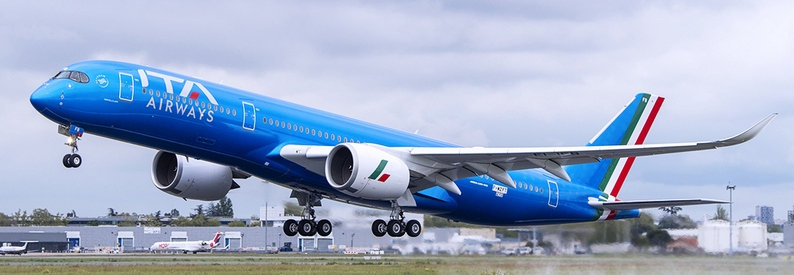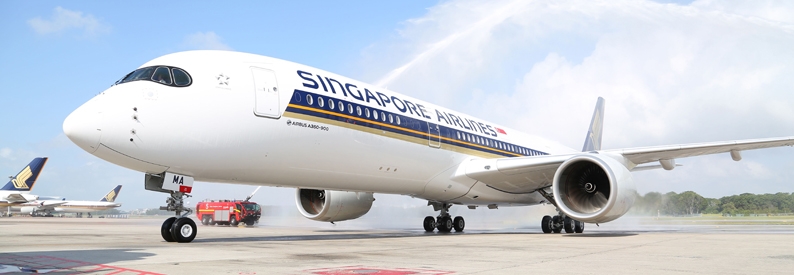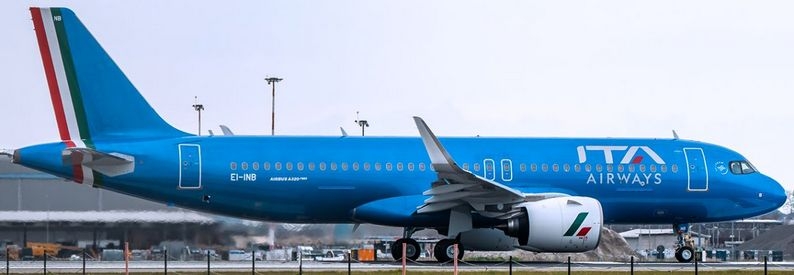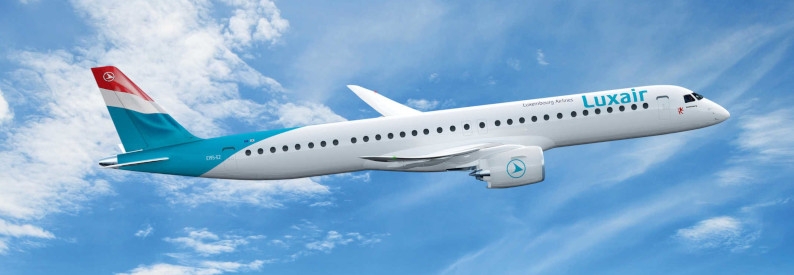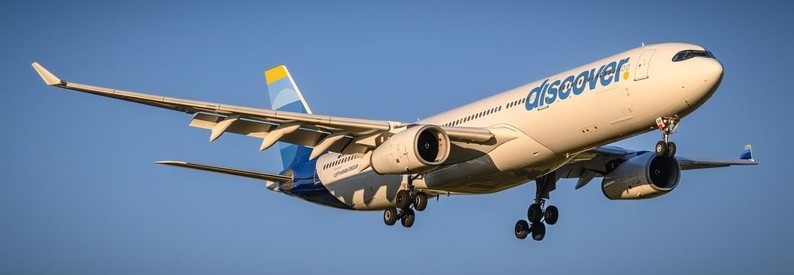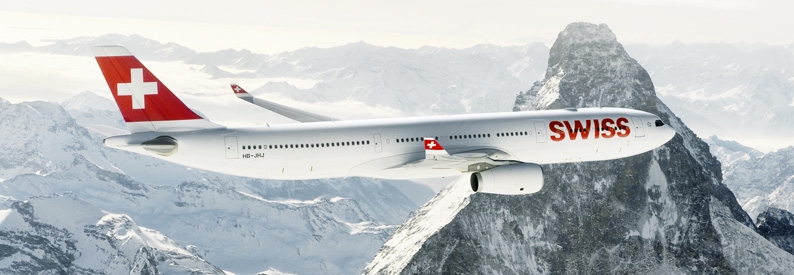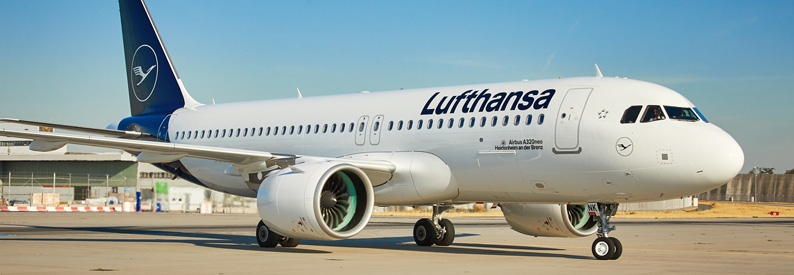Lufthansa Group has said it will cut 4,000 administrative jobs and chase higher profitability targets as part of a comprehensive transformation strategy aimed at bolstering its position and reaching for financial growth and operational improvements by 2030.
In a statement, the group confirmed that it "plans to reduce a total of around 4,000 jobs worldwide by 2030, the majority of which will be in Germany. This will be done in consultation with social partners. The focus will be on administrative rather than operational roles."
It explained that the job cuts will result from ongoing restructuring and integration of group-wide operations. "The company is examining which activities will no longer be required in the future, for example due to duplication of work. In particular, the profound changes brought about by digitalisation and the increased use of artificial intelligence (AI) will ensure greater efficiency in many areas and processes," it said.
Speaking during a holding-wide capital markets day in Munich, group CEO Carsten Spohr acknowledged that Lufthansa had fallen behind some competitors as it struggles to cut costs and pursue growth amid labour challenges. "We definitely lag behind some of our competitors when it comes to financial performance," Reuters cited him as saying.
However, resulting from the restructuring, Lufthansa Group said it expects significantly higher profitability by 2028-2030 and has set new medium-term financial targets: an adjusted operating (EBIT) margin of 8-10%, adjusted return on capital employed (ROCE) of 15-20%, and annual adjusted free cash flow above EUR2.5 billion euros (USD2.9 billion). The company aims to maintain an investment-grade rating, with EUR8-10 billion (USD9.4-11.7 billion) in liquidity, and a dividend policy of distributing 20-40% of its profits to shareholders.
As reported previously, Lufthansa reiterated that the restructuring will focus on four strategic pillars:
- network airlines: The group has outlined plans to modernise its fleet with more than 230 new aircraft focusing on next-generation widebody and narrowbody aircraft to increase fuel efficiency by up to 30%, reduce emissions, harmonise the fleet to lower operational complexity, and deepen integration among its hub airlines Lufthansa, Swiss, Austrian Airlines, Brussels Airlines, and ITA Airways;
- point-to-point leisure travel with Eurowings, which will expand its travel products and continue its fleet renewal. Tour operator Eurowings Holidays aims for rapid growth;
- maintenance unit Lufthansa Technik will grow through international expansion, digital business models, and a new defence division to increase profitability and long-term viability;
- Lufthansa Cargo will expand with investments in capacity, automation, and digitalisation, leveraging e-commerce growth and market volatility.

